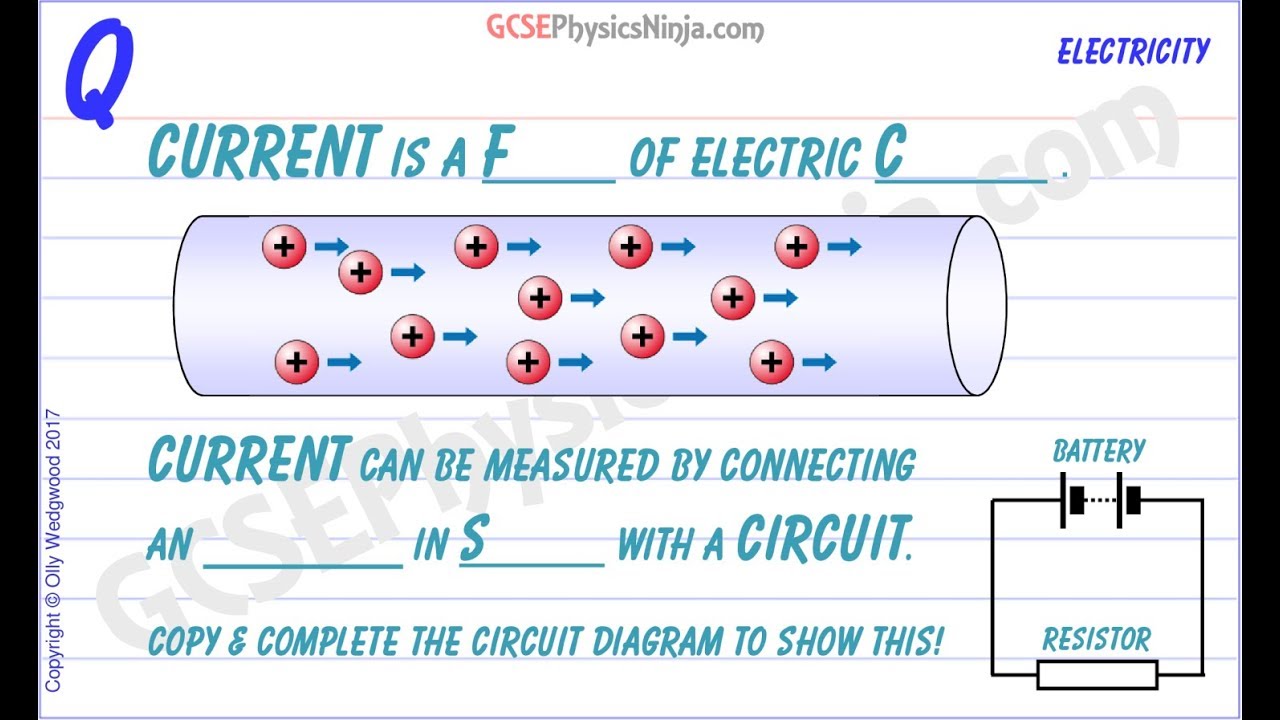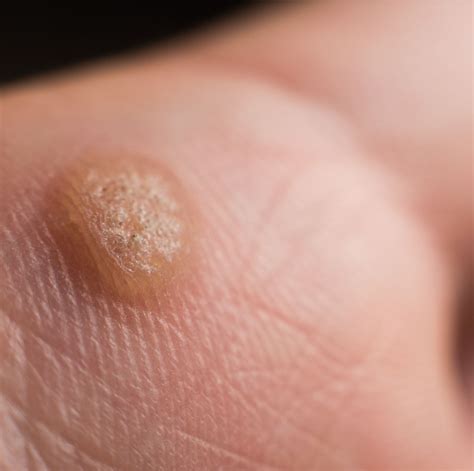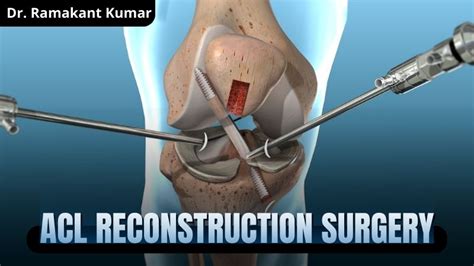Dna Testing Kits

The advent of direct-to-consumer DNA testing kits has revolutionized the way we explore our genetic heritage, predispositions to certain health conditions, and even find long-lost relatives. These kits, offered by companies like AncestryDNA, 23andMe, and FamilyTreeDNA, among others, have become incredibly popular, with millions of people worldwide using them to uncover the secrets of their DNA. But how do these kits work, and what can they really tell us about ourselves and our place in the world?
At the heart of every DNA testing kit is a simple premise: by analyzing an individual’s DNA, it’s possible to uncover a wealth of information about their ancestry, genetic traits, and potential health risks. The process begins when a customer orders a kit, which typically includes a cheek swab or saliva collection tube. Once the sample is collected, it’s sent back to the company’s lab for analysis.
The analysis itself involves several steps. First, the DNA is extracted from the sample and then scanned for specific genetic markers. These markers can include single nucleotide polymorphisms (SNPs), which are small variations in the DNA sequence that occur at specific points. By looking at these SNPs, the testing companies can determine an individual’s haplogroups, which are essentially large genetic clans that represent different branches on the human family tree.
For ancestry testing, the focus is on comparing an individual’s DNA to that of others in the company’s database, looking for matches that can help build a picture of their ancestral origins. This can include identifying specific ethnicities, tracing migration patterns, and even connecting with distant relatives who have also taken the test.
But DNA testing kits can also provide insights into health and wellness. By scanning an individual’s genome for specific genetic variants associated with increased risk of certain diseases, these tests can offer a glimpse into potential health challenges down the line. For example, 23andMe’s Health + Ancestry test includes reports on genetic variants associated with an increased risk of late-onset Alzheimer’s disease, Parkinson’s disease, and certain types of cancer.
Despite the many benefits of DNA testing kits, there are also important considerations to keep in mind. One of the most significant concerns is privacy: once an individual’s DNA is in a company’s database, there’s a risk that it could be shared with third parties, such as law enforcement or insurance companies, without their consent. Additionally, the accuracy of these tests is not always 100%, and the results should be interpreted with caution.
Another critical issue is the potential for unexpected discoveries. With the rise of direct-to-consumer DNA testing, there have been numerous reports of individuals discovering shocking secrets about their families, such as unknown siblings, misidentified parents, or even cases of abduction or switched-at-birth. While these discoveries can be life-changing, they also underscore the need for careful consideration and support before embarking on a journey of genetic exploration.
It's essential for individuals to understand the limitations and potential implications of DNA testing before deciding to take the leap. This includes being aware of the potential for unexpected discoveries, as well as the importance of maintaining privacy and control over one's genetic data.
To navigate the complex landscape of DNA testing, it’s helpful to consider the different types of tests available. Autosomal DNA tests, like those offered by AncestryDNA and 23andMe, are the most popular and can provide insights into an individual’s ethnic origins and connect them with distant relatives. Y-DNA tests, on the other hand, focus specifically on the paternal line, while mtDNA tests explore the maternal line. Each type of test has its unique benefits and limitations, and choosing the right one will depend on an individual’s specific goals and interests.
Choosing the Right DNA Test
- Define your goals: What do you hope to learn from your DNA test? Are you interested in ancestry, health, or connecting with relatives?
- Research the options: Look into the different types of DNA tests available, including autosomal, Y-DNA, and mtDNA tests.
- Consider the company: Look into the reputation and expertise of the testing company, as well as their policies on privacy and data sharing.
- Read reviews and ask questions: Check out reviews from other customers and ask questions to ensure you're making an informed decision.
As the field of genetic testing continues to evolve, it’s likely that we’ll see even more advanced and sophisticated tests become available. For now, individuals considering a DNA testing kit should approach with caution, carefully weighing the potential benefits against the potential risks and considerations. By doing so, they can unlock the secrets of their DNA and gain a deeper understanding of themselves and their place in the world.
What is the difference between autosomal DNA and Y-DNA testing?
+Autosomal DNA testing explores an individual's entire genome, providing insights into their ethnic origins and connecting them with distant relatives. Y-DNA testing, on the other hand, focuses specifically on the paternal line, tracing the direct line of descent from father to son.
Can DNA testing kits really predict my risk of certain diseases?
+While DNA testing kits can identify genetic variants associated with increased risk of certain diseases, they should not be seen as definitive predictors. Many factors contribute to an individual's overall risk, including lifestyle, environment, and other genetic factors.
How accurate are DNA testing kits?
+The accuracy of DNA testing kits can vary depending on the company and the specific test. Generally, ancestry testing is more accurate than health testing, but it's essential to approach the results with a critical eye and consider them in the context of other available information.
As we move forward in this era of genetic exploration, it’s crucial that we prioritize responsible innovation, ensuring that the benefits of DNA testing are accessible to all while minimizing the risks and challenges. By doing so, we can unlock the full potential of genetic testing, using it to build stronger, more compassionate communities and foster a deeper understanding of our shared humanity.



